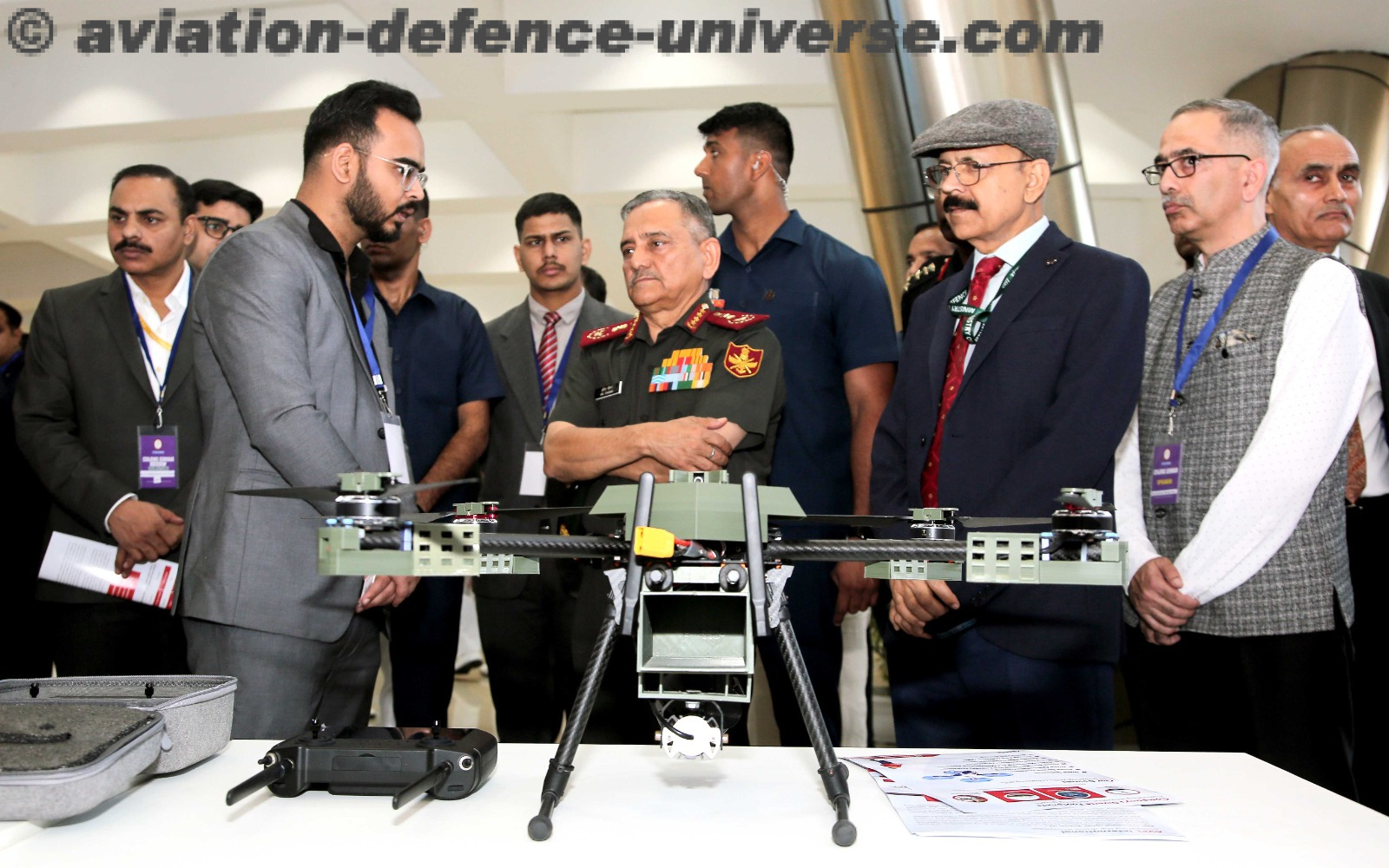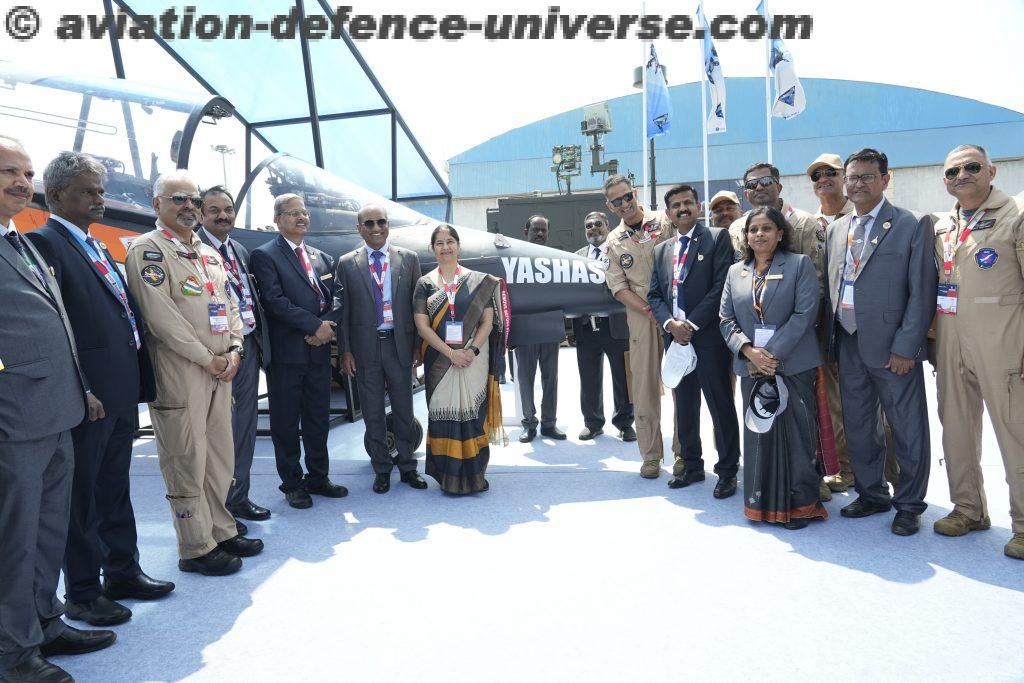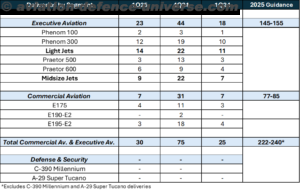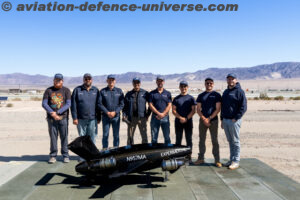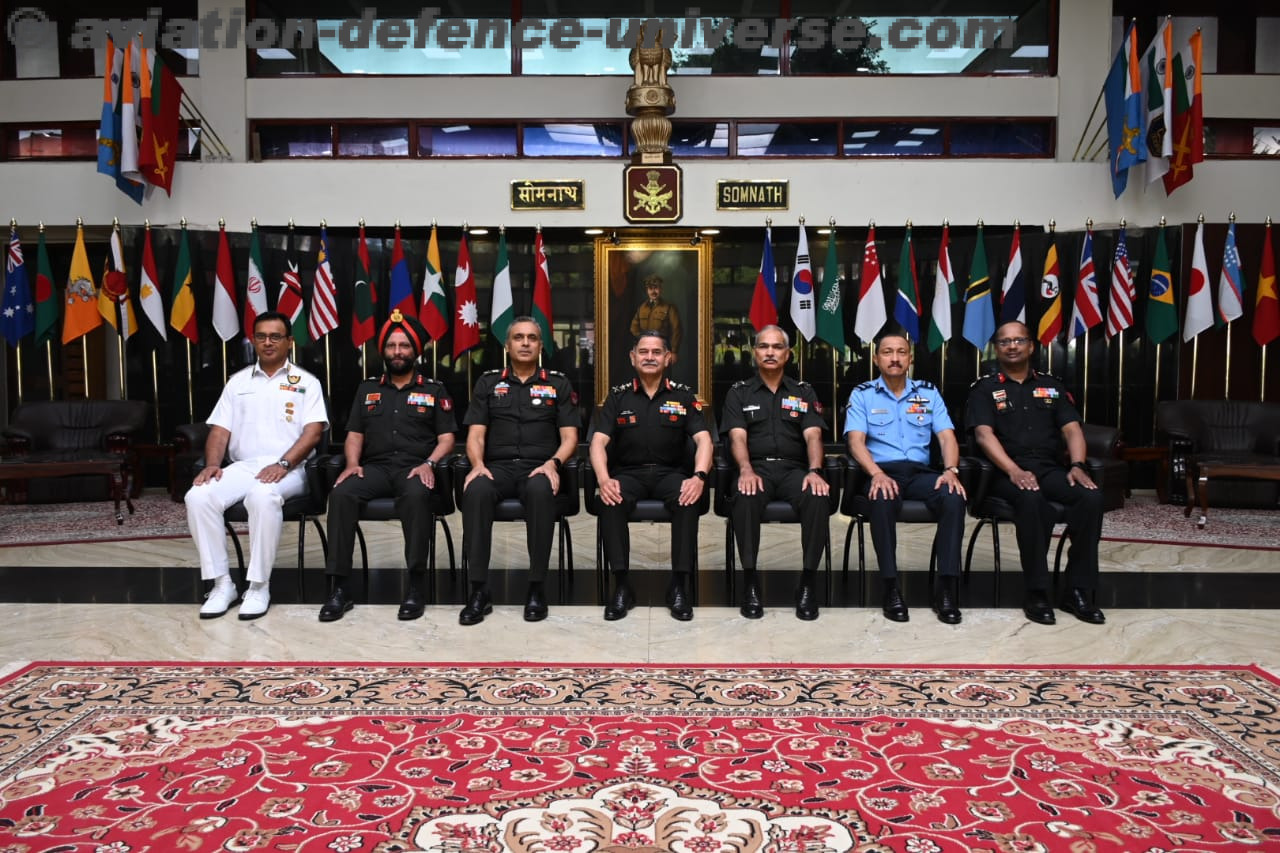- GKN Aerospace selected by Northrop Grumman Corporation (NGC) to provide advanced technology for the full-scale static test fire of NGC’s new SMART Demo
- GKN Aerospace’s support included additive manufacturing (AM) technology from its new Global Technology Centre in Fort Worth, Texas
- Large-scale laser metal deposition with wire (LMD-w) process optimises product weight, ensures efficient use of high-cost alloys and significantly reduces lead times
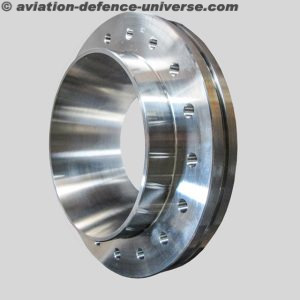 London. 31 January 2024. GKN Aerospace has been selected by Northrop Grumman to help develop components for a revolutionary solid rocket motor demonstrator. The first Solid Motor Annual Rocket Technology Demonstrator (SMART Demo) successfully tested a new motor that was developed in less than a year to showcase innovative technologies, including alternative manufacturing materials and processes. Underpinned by GKN Aerospace’s ground-breaking AM capability, the project demonstrated technologies that could reduce production lead times by up to 75 percent.
London. 31 January 2024. GKN Aerospace has been selected by Northrop Grumman to help develop components for a revolutionary solid rocket motor demonstrator. The first Solid Motor Annual Rocket Technology Demonstrator (SMART Demo) successfully tested a new motor that was developed in less than a year to showcase innovative technologies, including alternative manufacturing materials and processes. Underpinned by GKN Aerospace’s ground-breaking AM capability, the project demonstrated technologies that could reduce production lead times by up to 75 percent.
Shawn Black, President of GKN Aerospace’s Defense Business, said, “We are delighted to collaborate with Northrop Grumman on SMART Demo. Programmes like this underscore the significant benefits additive manufacturing can bring, such as reducing production costs and lead times for mission-critical products that support our Armed Forces and the commercial aviation industry. We are committed to innovation and to rapidly advance this technology to support our customers and to provide greater resilience across the aerospace and defence industrial base.”
GKN Aerospace has been a pioneer in additive manufacturing for around two decades, with prominent research and technology centres in Sweden and the UK, as well as the USA. This month, the business announced a joint investment of £50 million with the Swedish Energy Agency into cutting-edge additive technology in Trollhättan, Sweden.
GKN Aerospace has been a supplier to Northrop Grumman for many years. In 2022 GKN Aerospace showcased its additive manufacturing leadership with an 8-foot titanium demonstrator, the largest AM component it had ever produced, in partnership with NGC.








